April 2020: The Month in Review
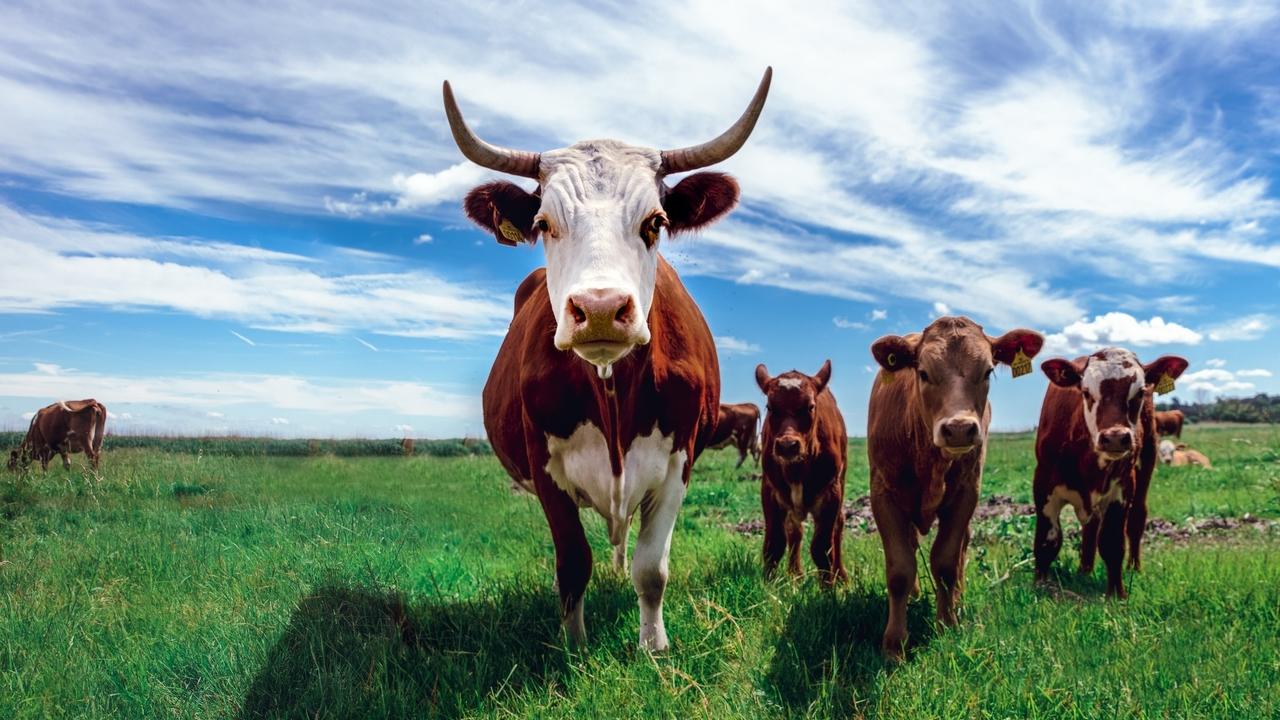
After a precarious March, April marked a strong start to the second quarter of 2020 for cellular agriculture. Cellular agriculture is the field of producing animal products, like dairy proteins or meat, directly from cell cultures instead of raising animals for the same products. As the devastating impact of the Covid-19 pandemic is felt around the world, future foodtech companies and players have continued to progress the future with cellular agriculture. From new breakthroughs and research to new products, we take a look at the highlights of what happened this April in cellular agriculture.
Perfect Day Receives GRAS Status for Animal-Free Dairy Protein
Perfect Day announced that the company received a letter from the US Food and Drug Administration (FDA) stating that the FDA has no objections or questions about the company’s Generally Recognized as Safe (GRAS) determination for their flora-based whey protein. Based in Berkeley, California, Perfect Day is the first company to use cellular agriculture to produce animal-free dairy proteins. By designing flora to produce the same dairy proteins found in milk from a cow, Perfect Day aims to produce the same milk. Just without the cow.
Described as ‘coveted’, the FDA letter is an important regulatory step forward for Perfect Day to bring their animal-free whey protein to market. Regulatory challenges have been an obstacle moving forward for the field, particularly for cell-based meat companies, and it’s great to see Perfect Day leading the way with their flora-based dairy proteins.

Perfect Day will now continue their plans to bring their flora-based dairy proteins to market. In July 2019, Perfect Day became the first cellular agriculture food company to launch a product through a limited release of the first animal-free dairy ice cream. At the time, Perfect Day had secured self-determined GRAS status for their animal-free whey protein and had submitted its determination to the FDA for a no objections letter.
Instead of launching another product like ice cream, Perfect Day plans to become an ingredients supplier to companies in the food and beverage industry. To support that goal, Perfect Day shared that they will announce new commercial partnerships in 2020 to expand manufacturing and commercialization on multiple continents.
Vow Food Makes Forbes 30-Under-30 Asia List
This month, Vow Food co-founders George Peppou and Tim Noakesmith were named in Forbes 30-Under-30 Asia list of entrepreneurs! Vow Foods is the first startup in Australia to use cellular agriculture to make cell-based meat. The list commemorates innovative founders and startups, and it’s great to see that Vow Food co-founders were recognized for their work to change the future of food. Vow Food first introduced themselves in August 2019 in a very Australian manner: creating a sample of kangaroo cell-based meat. Since then, the company has explored different types of animals cell lines to develop better meats through cell ag.
Vow Food joins a growing list of cellular agriculture entrepreneurs to be recognized by Forbes. In December 2019, Clara Foods co-founder and CEO Arturo Elizondo was also named in Forbes 30-Under-30 list of entrepreneurs for his work in developing sustainable and animal-free egg white proteins. Similarly, in November 2018, Perfect Day co-founders Ryan Pandya and Perumal Gandhi were named in Forbes 30-Under-30 list of Social Entrepreneurs for developing animal-free dairy proteins.
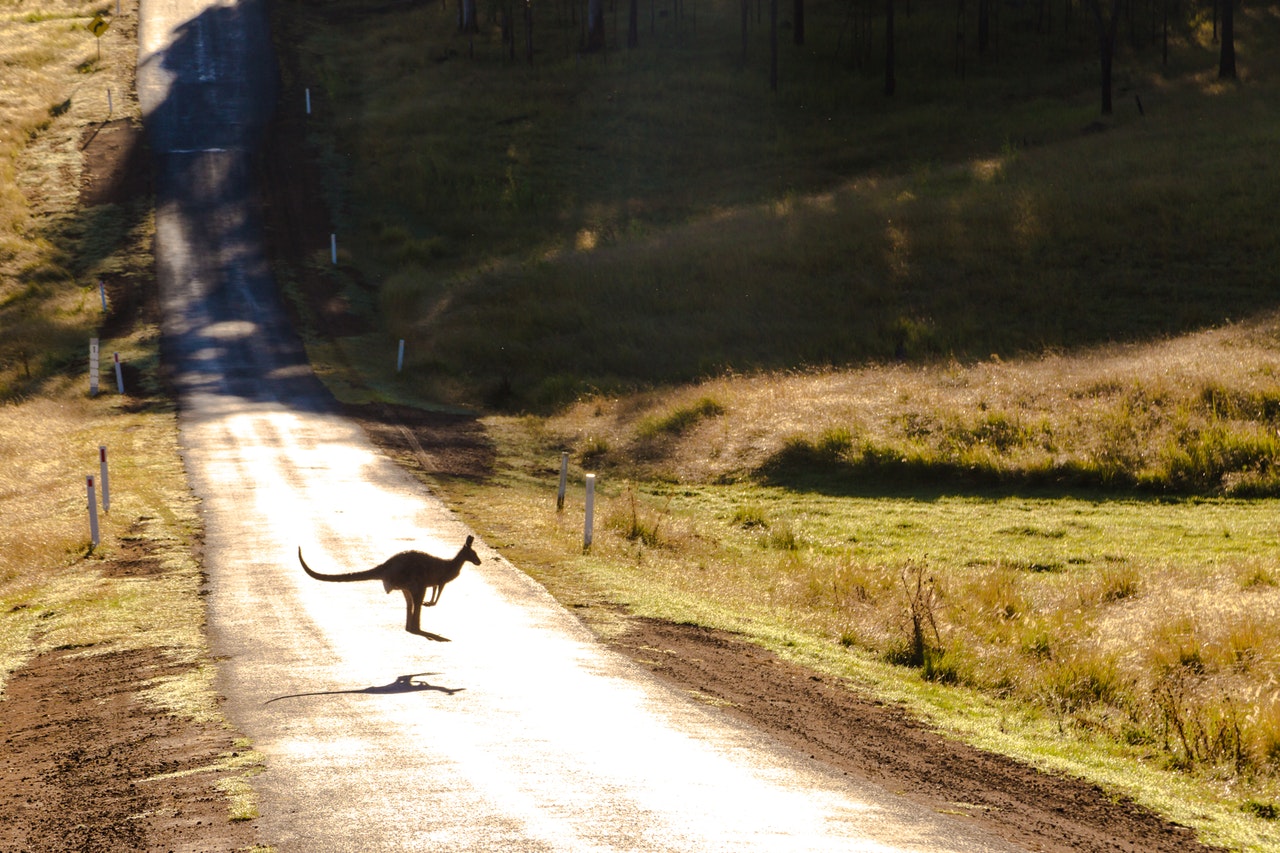
Geltor Launches New Elastin Cosmetic Product
Geltor announced that the launch of their latest product: Elastapure, the first human elastin protein designed for skincare use. Elastin is an important protein for skin health, and it’s great to see Geltor develop the innovative product. In addition to the launch of Elastapure, Geltor also announced an extensive Custom Services partnership model to allow brands to work closely with their biodesign team to develop ingredients to use across various categories, including cosmetics, food and beverage, and dietary supplements.
Based in San Leandro, California, Geltor uses cellular agriculture to grow animal-free proteins, like collagen, and it’s promising to see Geltor use its platform to explore additional proteins and ingredients beyond collagen. From leather and cosmetics to the food and beverage industry, Geltor’s animal-free collagens highlight how the company’s first innovation can be applied in more than one space and product.
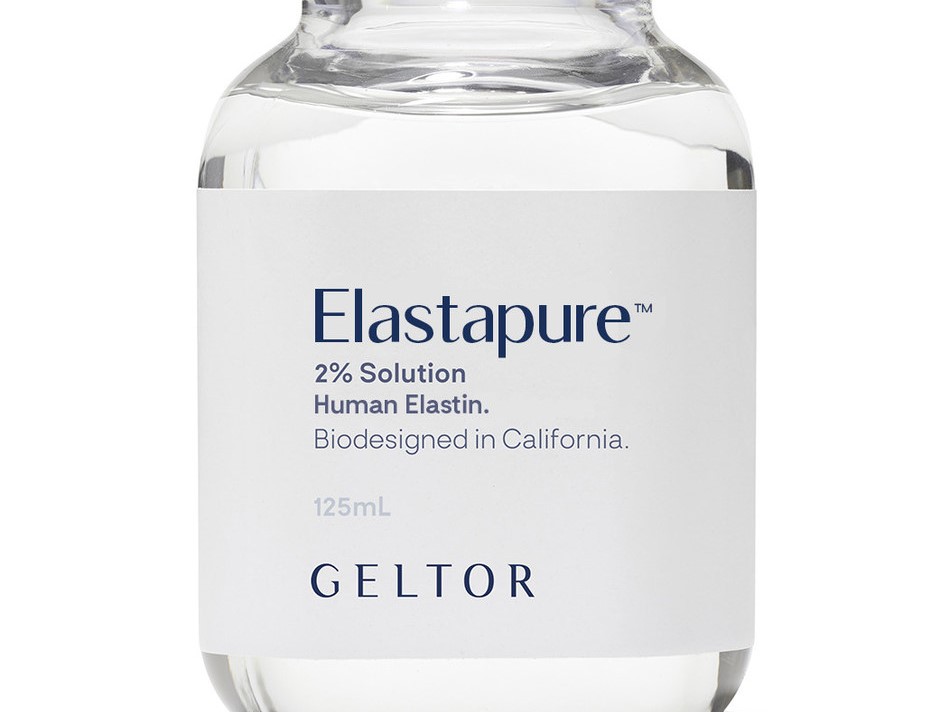
By opening up to partnerships to produce various protein ingredients for cosmetic and food and beverage players, it will be interesting to see what range of products Geltor will look to develop next. In October 2019, Geltor announced a partnership with GELITA to develop, produce, and market the first ingestible animal-free collagen proteins.
Aleph Farms Aim to Go Carbon Neutral
On Earth Day, cell-based meat company Aleph Farms announced their new sustainability strategy: to eliminate emissions associated with their meat production by 2025 and reach the same net-zero emissions across their supply chain by 2030. To support their sustainable production process and process design, Aleph Farms announced a partnership with engineering firm Black & Veatch’s NextGen Ag team to design and build the infrastructure for large-scale production of their cell-based meat. In addition to the partnership, Aleph Farms established a Sustainability Advisory board to implement a holistic approach to sustainability across the company’s value chain.
As the company looks to launch their pilot plant (called BioFarm) next year, it’s great to see Aleph Farms reaffirms its commitment to making their cell-based meat production process carbon neutral. While other cell-based meat companies also explore how their process design will look like at scale, it will be important to develop partnerships like Aleph Farms to develop their production infrastructure.
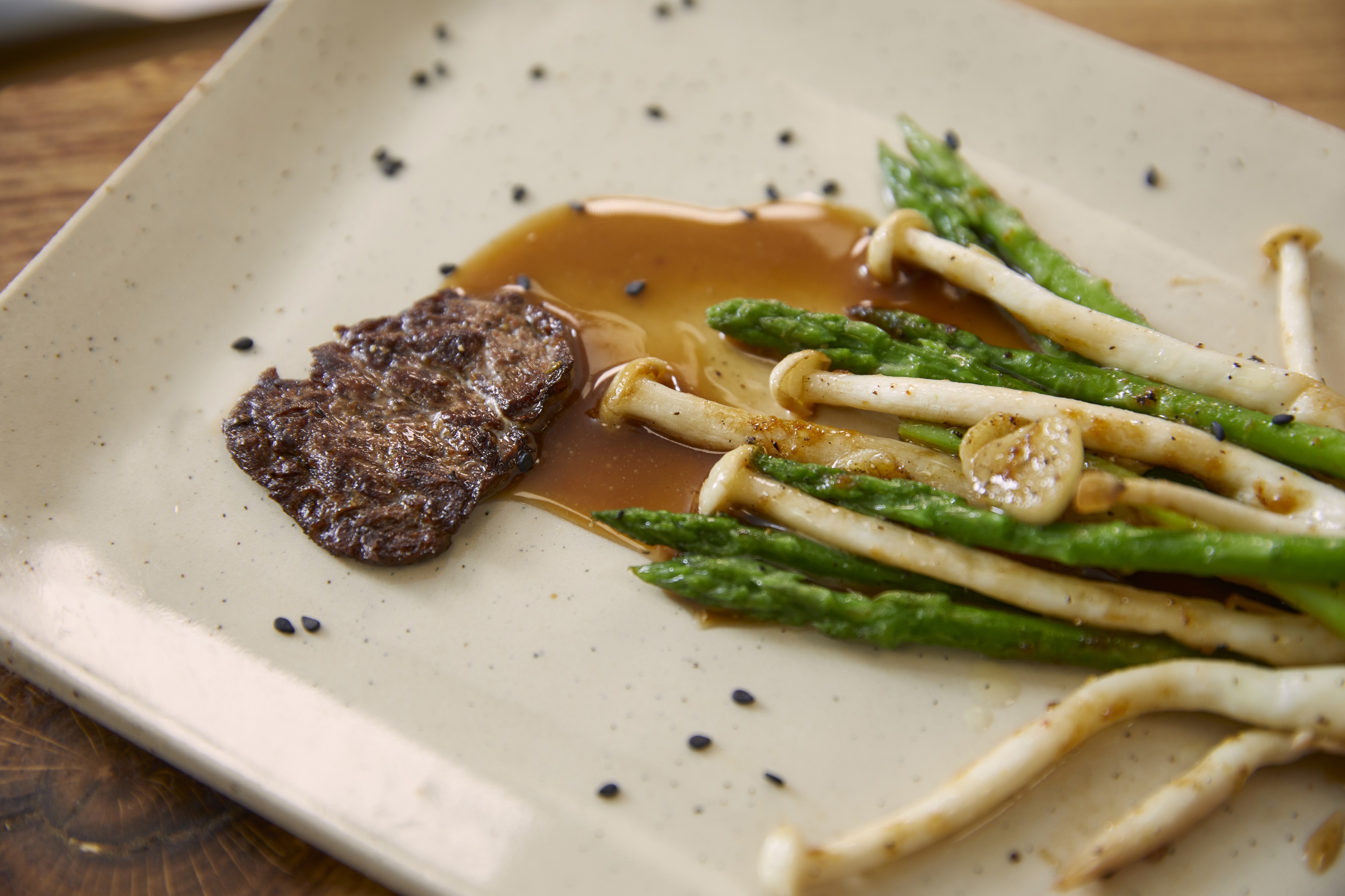
Research Suggests Consumers are ready to Pay Premium for Cell-based Meat
A recent study from Maastricht University in Netherlands showed that people are prepared to pay a premium for cell-based meat after being informed about its benefits. In the study, a 193 participants were split into 3 groups, and each group received different information relating to cell-based meat, specifically its societal benefits, health benefits, or its taste and quality.
After hearing their respective information about the benefits of cell-based meat or its taste and quality, each participant had the option to sample a piece of meat that was labelled as either ‘conventional’ or ‘cultured’. Even though both pieces of meat were in fact conventional meat samples, every participant selected the meat sample labelled as ‘cultured’. This was the first time in a consumer acceptance study that participants could sample meat labelled as ‘cultured’. All participants also tasted a conventional meat sample at the start of the study.
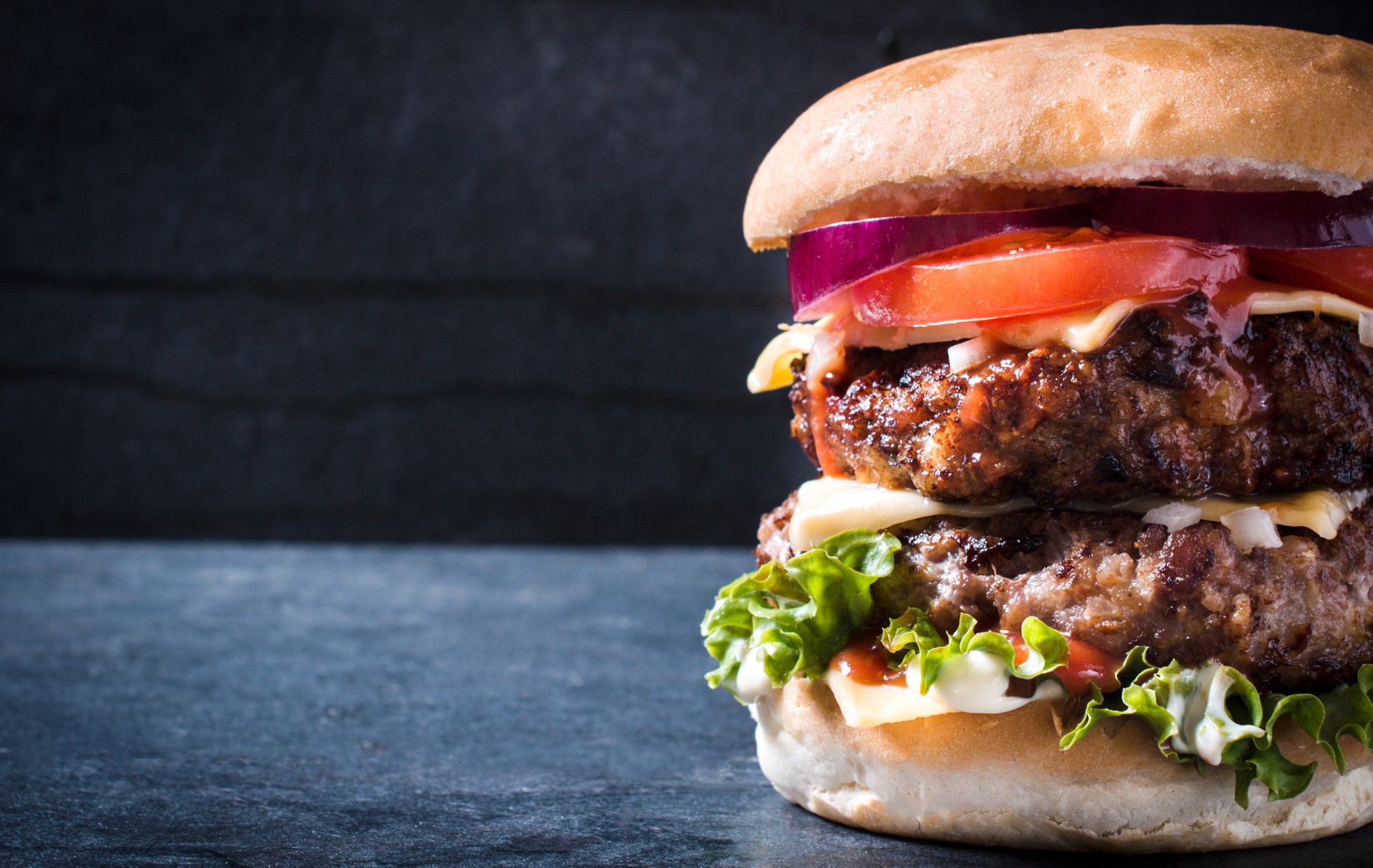
Interestingly, despite the lack of any objective differences, all participants rated the flavour of the ‘cultured’ meat sample as better than the conventional one. In fact, at the end of the study, 58% of the participants said they would pay a premium for cell-based meat at an average of 37% on top of the price of conventional meat.
The study showed that, ultimately, the degree of information shared with participants was the most important predictor of consumer acceptance. There was a higher level of acceptance among participants when they received information about the personal benefits of cell-based meat compared to those who only received information relating to its quality and taste.
As the field continues to grow, the study highlights that all cellular agriculture players will need to get better at telling the story why this field is needed and the benefits it can bring for our health and the environment. Context is everything, and this field will need it. The story, benefits, and why matter just as much as how the products are made.
Future Meat Technologies Look to Enable Future with Cell-based Meat
While most cell-based meat companies are looking to produce and create their own line of cell-based meat products, Future Meat Technologies shared that they imagine a different model where the company is a technology-enabler and supplier. In this model, Future Meat envisions selling their equipment, technology and ingredients to larger protein companies, like Tyson Foods, by 2023. By enabling larger companies to make their own cell-based meat products, Future Meat believe consumers may be more likely to buy and choose cell-based meat if the products come from recognizable companies and brands.
Future Meat’s long-term approach highlights the importance of making partnerships with established companies in traditional agriculture, and pharmaceutical fields. As cell-based meat companies look to expand, these incumbent players will have expertise along the field’s emerging value chain that can help cellular agriculture scale from lab to market. In October 2019, Future Meat raised $14 million in Series A funding (including an investment from Tyson Ventures) to construct the first cell-based meat pilot plant facility.
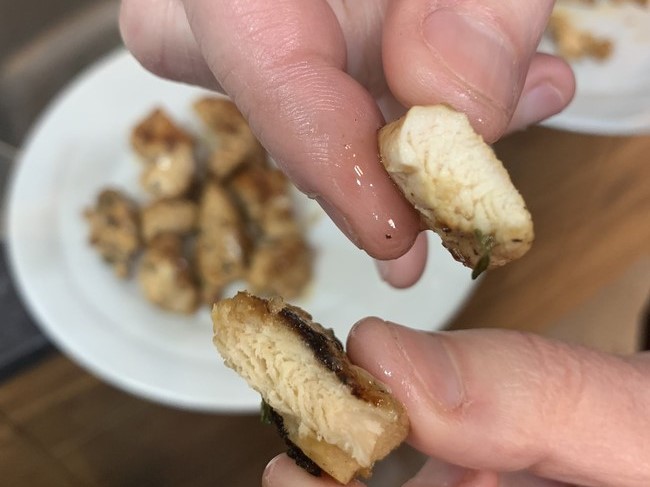
Bolt Threads Announces Life Cycle Assessment for Mylo
Biomaterials company Bolt Threads announced that they plan to develop a Life Cycle Assessment for their Mylo product brand. Life Cycle Assessments (LCAs) are important tools that quantify the total resources used by a product or a process, including the associated impacts on human health and the environment over its life cycle. By taking into consideration factors like water and electricity usage as well as the impact from transportation, LCAs help companies understand the total environmental cost and impact of their products.
By looking into LCAs of the Mylo product line now, Bolt Threads envisions making their latest biomaterial line as sustainable as it can from the beginning. Unlike Bolt Threads’ other products, Mylo is not made from spider silk. It’s leather, made from mushrooms. Licensing the technology from Ecovative Design, Mylo is a leather material produced from mushroom, the root structure of mushrooms. In September 2018, Bolt Threads announced the first commercial product from the Mylo line: The Driver Bag.

Impact of Covid-19 on Meat Industry
The consequences of Covid-19 have been felt throughout the meat industry in the US.
Meat processing facilities reduced operations or completely shut down as the number of workers in meat processing plants rose. By mid-April, JBS closed their slaughterhouse in Colorado, one of the largest beef plants in the US, after 43 employees tested positive for the coronavirus. This single facility slaughters 4.5% of beef consumed in the US.
The following week, the Smithfield plant in the state of South Dakota was ordered to close after 300 workers fell sick. There are now over 500 cases of Covid-19 from this one plant that processes 5% of pork meat in the country. Its closure foreshadowed the impact the coronavirus would have on the livestock agriculture supply chain in the country.
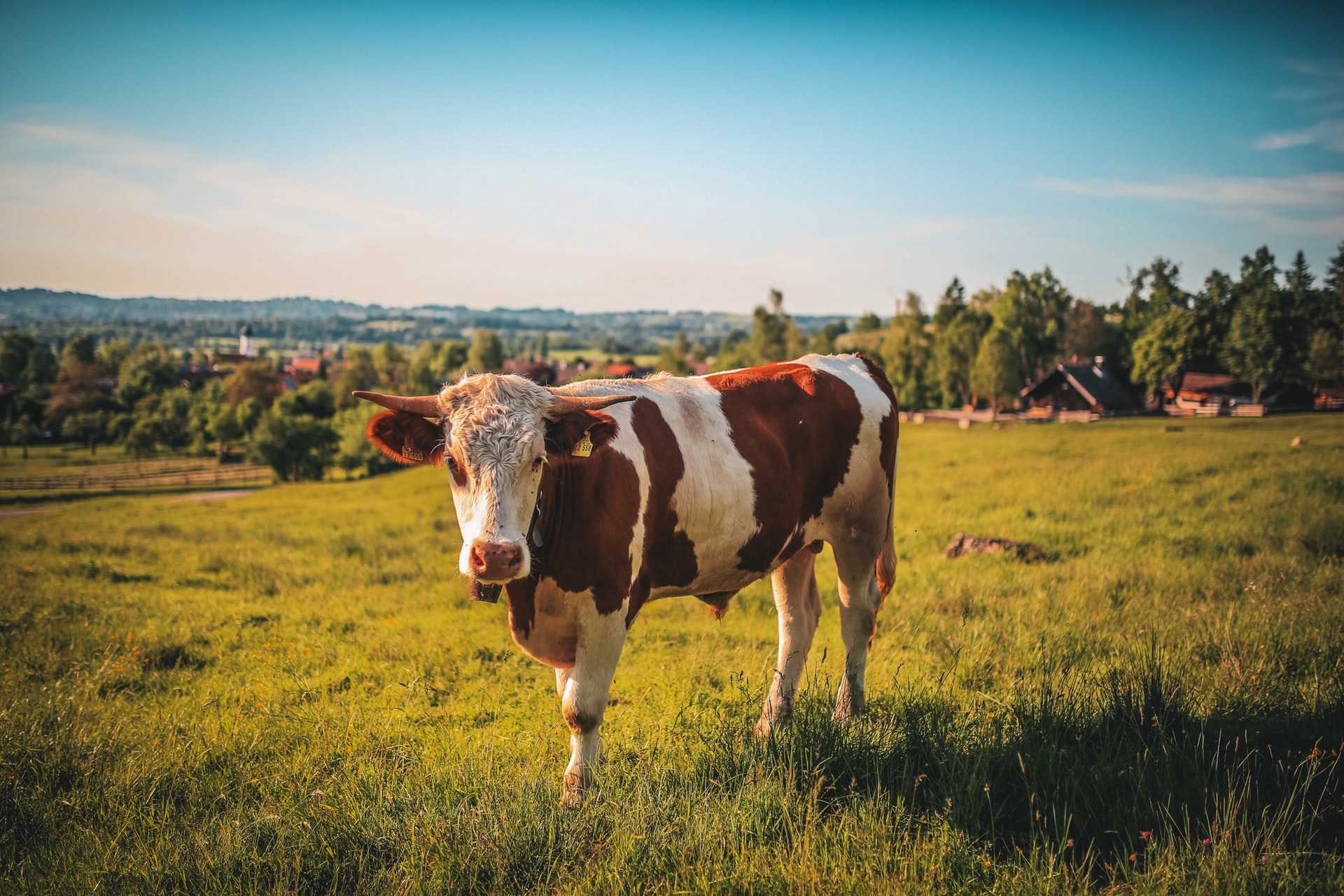
By the end of April, at least 24 major meatpacking plants closed due to outbreaks of Covid-19 cases. It led to John Tyson, the Chairman of the Board of Tyson Foods, to publish a letter stating that the “The food supply chain is breaking.”
While Tyson was concerned about the pandemic’s effect on meat processing facilities, the coronavirus’ impact may be felt more heavily by farmers and ranchers. The closure of processing facilities may increase the price of meat for consumers in grocery stores, but, for livestock farmers, the situation is more dire. As processing facilities shut down or limit operations, livestock farmers are faced with a backlog of animals that cannot be processed. Coupled with the loss of restaurant-level demand for their products, many livestock farmers have had to resort to culling their animals.
In spite of Covid-19's impact, ultimately, there will not be a shortage of meat intended for grocery store shelves (the US government has close to 1 billion pounds of chicken and 50 million pounds of pork loins in cold storage). At the end of of April, in response to Tyson’s letter, US President Trump made the declaration that meat processing facilities continue to operate as an essential service. It will be important that social distancing protocols and procedures are put in place along with personal protective equipment and regular testing to protect the workers at these facilities and along the meat and other food supply chains.
Conclusion

While there were no new investments in the field this month, cellular agriculture companies continued to make progress to make the future of food a reality. From Perfect Day’s GRAS determination and Geltor’s new elastin cosmetic line to Aleph Farms’ plan to go carbon neutral, more cellular agriculture companies are preparing for the launch of their first (or next) line of products. New research from Netherlands also suggests that consumers may accept the higher initial price point for cell-based meats if they are aware of all the benefits of the product in comparison to conventional meat.
Ultimately, Covid-19’s impact on the US meat supply chain highlights the unique opportunity for cellular agriculture to offer a an alternative way to produce the same animal meats. Without requiring animals.
In a recent interview, Future Meat Technologies CEO, Rom Kshuk, noted that the supply chain for cell-based meat will look a lot different than conventional meat. By growing meat directly from cells, there would not need to be a factory line to process animals and require less workers to monitor and maintain each cell-based meat plant. While it is uncertain how the field will look like at scale, cell-based meat also would allow for a smaller, decentralized model of producing meat that would avoid the same weaknesses that have been exposed in the current meat supply chain. A more sustainable and secure way to build the future of food.
Stay connected with CellAgri
Join our mailing list to receive the latest news and updates weekly from the cellular agriculture industry. Your information will not be shared.



